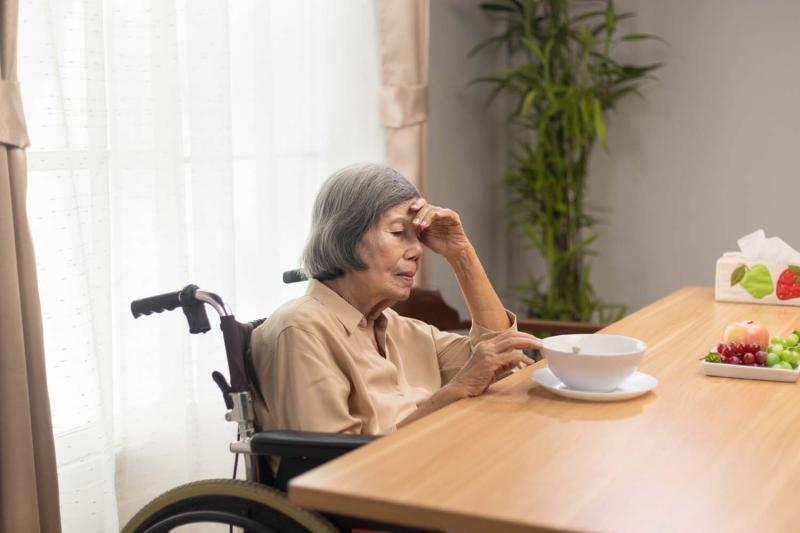Resources
Explore resources from a range of sources across the aged care sector - including government, research, academic and practice-based materials - curated by ARIIA to support evidence-informed practice and innovation.
Showing

Aged care skills for cooks and chefs: Rethinking texture modified foods
This free, self-paced online training module by the Maggie Beer Foundation explains the impact of swallowing difficulties, how to prepare flavourful and appetising texture modified foods, use of silicone molds and which basic cooking tools can create different texture modifications, with ongoing access to recipes and a certification on completion.

Nutrition resources for practice and patient care
This webpage from the Heart foundation provides information for health professionals to support heart health eating patterns by translating latest nutrition evidence into information that can be easily used in everyday practice.

Nutrition and your brain
This information sheet from Dementia Australia outlines how diet can help to promote a healthy brain in older age, specifically which foods to avoid, what nutrients promote brain health and what foods may reduce the risk of developing dementia.

Caring for someone with Dementia: Nutrition
This information sheet from Dementia Australia outlines the importance of nutrition and explains practical strategies for families and carers of someone with dementia to ensure their diet is nutritious.

Eating changes
The webpage from Dementia Australia provides practical strategies for people caring for someone with dementia that is experiencing difficulties or changes to their eating patterns.

Eating well a nutrition resource for older people and their carers
This brochure from the New South Wales Government Central Coast Local Health District provides a brief overview of how to ensure protein, calcium and vitamin needs are met, assist with nutrition as a carer, screen for malnutrition, shop for appropriate groceries and answers some frequently asked questions about nutrition in dementia.

Improving patient outcomes through medical nutrition therapy
This information sheet from Dietitians Australia explains what situations would be appropriate to involve a dietitian, outlining diagnoses, symptoms indicating need for referral and how dietitians could assist in the situation.

Response to Department of Health and Aged Care's in-home aged care discussion paper
This booklet by Meals on Wheels Australia provides a guide for workers supplying in-home care on working with clients to provide nutritious meals based on client budget, preferences and needs.

Food and nutrition report 2021-2022 report on 2021 basic daily fee supplement in residential aged care
This report by the Australian Government Department of Health and Aged Care outlines expenditure on food and nutrition, responds to report questions and provides reccommedations on improvements to catering services in aged care.

Mini nutritional assessment (MNA)
A screening measure from the Nestle Nutrition Institute created to evaluate the risk of malnutrition. This is recommended for periodic use to re-evaluate residents longitudinally to detect risks early.